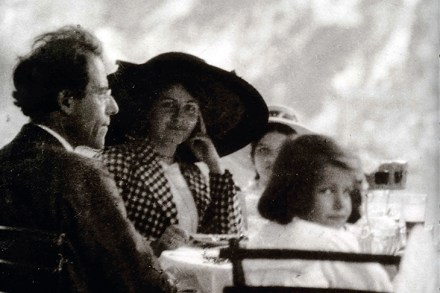Why Niki Lauda was considered the bravest man in sport
Formula One motor racing is the perennial, worldwide contest that most reliably gratifies hero-worshipping, power-worshipping, money-worshipping, technology-worshipping ghouls, and some others. The ghoulishness may be subconscious but it certainly seems to excite many spectators at every Grand Prix track, especially in foul weather, as drivers approach sharp turns flat out. If you heard of a Charles Addams figure standing in the rain on a verge of the M25, thrilled by the possibility of witnessing a devastating crash, you might consider him (or her) to be quite weird; but anyway, Formula One is universally popular, extensively televised and reported on asa respectable sport. Maurice Hamilton is a veteran enthusiastic and loyal












